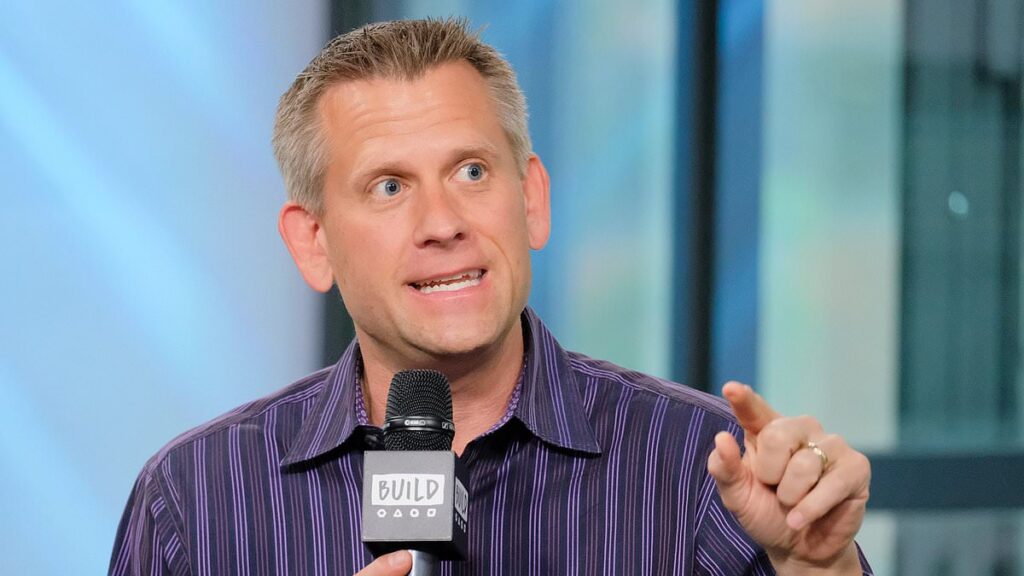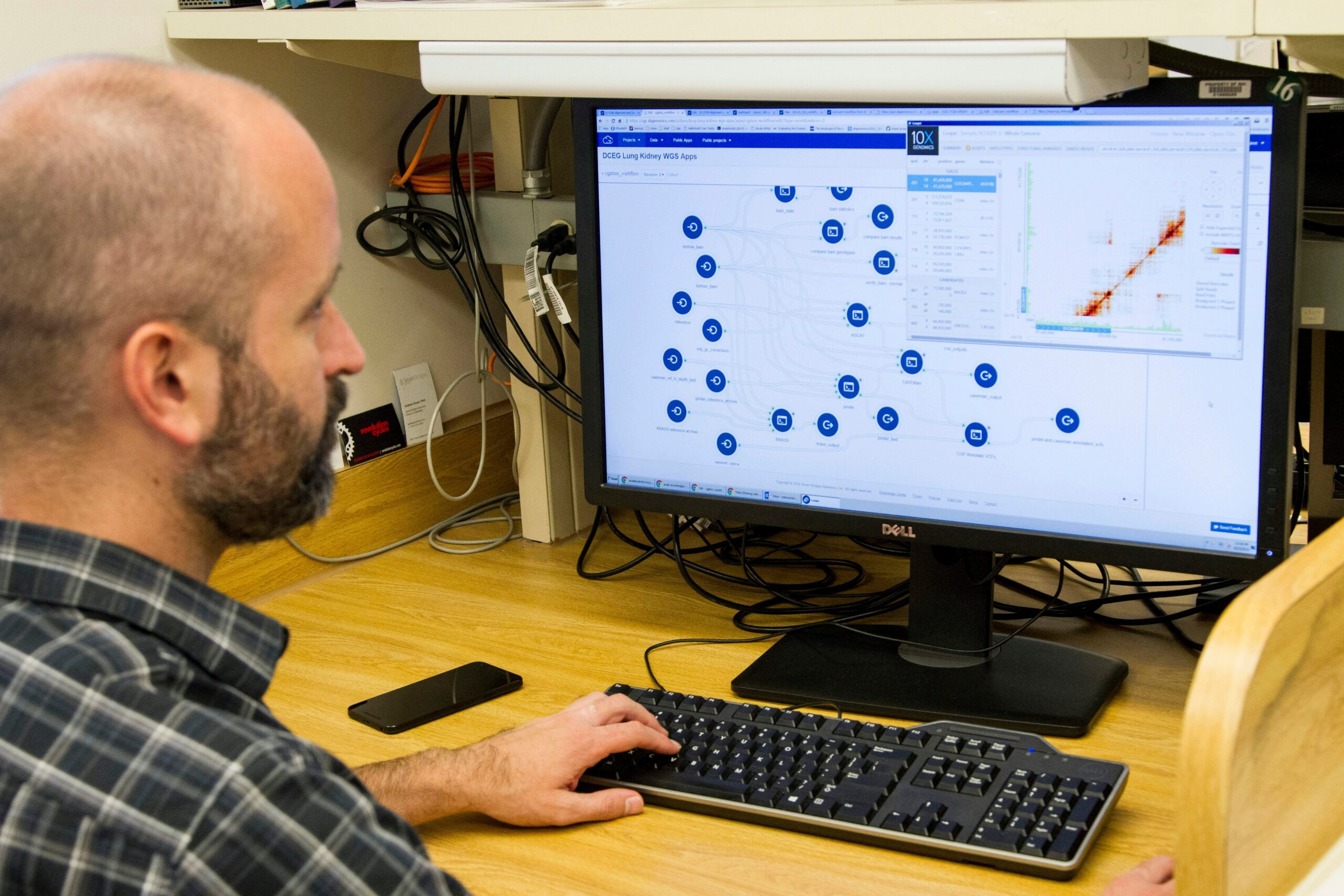
Former ESPN host and best-selling author John Brenkus has died at the age of 54. The Virginia Department of Health’s Office of the Chief Medical Examiner confirmed that Brenkus died by suicide, marking a tragic end to a life that touched many in the sports and entertainment industries.
The Brenkus family announced his passing last Sunday, revealing that he had been battling depression. In a heartfelt statement, they shared, “It is with profound sadness that we share the news that John Brenkus has passed away. John, co-founder of Base Productions, Founder of Brinx.TV, and co-creator and host of the six-time Emmy award-winning ‘Science,’ had been battling depression. John lost his fight with this terrible illness on May 31, 2025. His heartbroken family and friends request privacy at this time, and encourage anyone who is struggling with depression to seek help.”
The Impact of Brenkus’ Work
John Brenkus was a prominent figure in sports media, best known for his work on ESPN’s “Sport Science.” His contributions to the field were recognized with six Emmy Awards, and his insights into athletic performance were both innovative and influential. Brenkus also authored “The Perfection Point: Sport Science Predicts the Fastest Man, the Highest Jump, and the Limits of Athletic Performance,” a book that delved into the limits of human athletic capabilities.
His death has sparked an outpouring of grief from fans and colleagues alike. Many in the sports world have taken to social media to express their sorrow and share memories of Brenkus’ impact on their lives and careers.
Opening Up About Mental Health
In January 2023, Brenkus candidly discussed his mental health struggles in an interview with former NFL player Marcellus Wiley. “I fell into a very deep depression,” he admitted. “I spiraled into a deep, deep depression and I was flat-out suicidal.” Brenkus credited his dog with saving his life during his darkest moments, recounting how the pet’s presence prompted him to reach out for help. “I literally picked up my phone, called my mom and said: ‘There’s something wrong with me. I am mentally lost.'”
Brenkus’ openness about his mental health battles was part of a broader conversation about the pressures faced by those in high-profile careers. His efforts to seek help included consultations with multiple psychologists and psychiatrists, highlighting the complexity and difficulty of finding effective treatment for mental health issues.
The Broader Context of Mental Health in Sports
Brenkus’ passing brings renewed attention to the mental health challenges faced by many in the sports industry. The pressures of public life, combined with the intense demands of professional sports, can exacerbate mental health issues. Experts in the field have long advocated for more comprehensive support systems for athletes and media personalities alike.
“Mental health is just as important as physical health, especially in high-pressure environments,” said Dr. Emily Carter, a sports psychologist. “We need to create an environment where individuals feel safe to speak up and seek help without fear of stigma or repercussions.”
Historically, the sports world has been slow to address mental health openly. However, recent years have seen a shift, with more athletes and media figures sharing their personal struggles and advocating for change. Brenkus’ story serves as a poignant reminder of the ongoing need for awareness and support.
Moving Forward: Addressing Mental Health
The tragic loss of John Brenkus underscores the critical importance of mental health awareness and intervention. His family and friends have urged those struggling with similar issues to seek help, emphasizing that no one should face such battles alone.
As the sports community continues to mourn Brenkus’ passing, there is hope that his story will inspire others to prioritize mental wellness and foster environments where open dialogue about mental health is encouraged and supported.
If you or someone you know is struggling with mental health issues, resources such as the 988 Lifeline are available to provide support and guidance.







